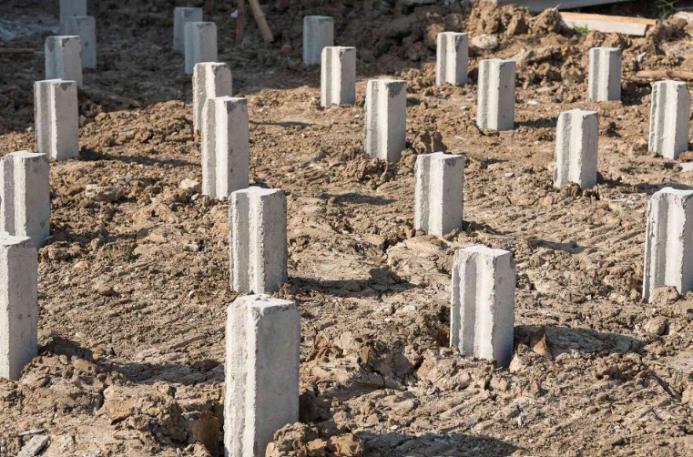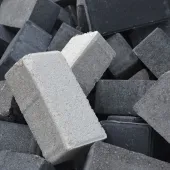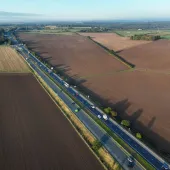The path to sustainability in concrete piling: Insights from the FPS
In recent years, the construction industry has faced growing pressure to reduce its environmental footprint, with a significant focus on the sustainability of building materials.
As a vital component of modern construction, concrete has come under scrutiny for its carbon footprint.
However, innovations and strategies are being implemented to enhance concrete's sustainability, particularly within the specialised field of piling.
The Federation of Piling Specialists (FPS) is at the forefront of these efforts, advocating for practices that not only meet today's construction needs but also safeguard the planet for future generations.
The importance of sustainable concrete in piling
Piling, the process of installing deep foundations to support structures, is critical for the stability of buildings and infrastructure. Concrete piles are a popular choice due to their strength and durability.
However, the traditional manufacturing process of concrete is energy-intensive and emits a significant amount of CO2. The FPS recognizes the urgent need to address these issues and has been actively promoting sustainable practices among its members.
Innovations in concrete sustainability
1. Low-carbon concrete mixes
One of the most promising developments is the creation of low-carbon concrete mixes. By substituting traditional cement with materials such as fly ash, slag, and silica fume, the carbon footprint of concrete can be significantly reduced.
These materials, which are byproducts of industrial processes, not only recycle waste but also enhance the properties of concrete, making it more durable and resistant to environmental factors.
2. Carbon capture and storage (CCS)
Carbon capture and storage technology is another area where the concrete industry sees great potential. This process involves capturing CO2 emissions from the production of concrete and storing them underground or using them in other applications.
While CCS technology is still in the development phase, it represents a groundbreaking approach to making concrete piling more sustainable and illustrates the need for change throughout the concrete supply chain if we are to make construction sustainable.
3. Circular economy practices
The adoption of circular economy principles within the piling sector is gaining traction. This involves reusing and recycling concrete piles wherever possible.
The FPS advocates for the design of pile foundations and layouts which can be re-used in the future for other structures.
4. Enhancing efficiency in piling operations
Improving the efficiency of piling operations can also contribute to sustainability. Advanced techniques and equipment can reduce the amount of concrete required, minimise waste, and lower energy consumption.
The FPS promotes the use of precision piling methods and the integration of digital tools to optimize construction processes.
The role of the FPS in promoting sustainability
The FPS plays a crucial role in advancing sustainability within the industry. Through its guidance and advocacy, the FPS encourages its members to adopt best practices in sustainability. It provides training, resources, and platforms for sharing knowledge and innovations.
Moreover, the FPS works with regulatory bodies, industry partners, and other stakeholders to shape policies that support sustainable construction practices.
The journey towards sustainable concrete piling is ongoing, with new technologies and methods continually being developed. However, it has to be acknowledged that some emissions are inevitable, which is why the total embodied carbon of a project has to be considered and that technologies such as EV rigs will and can have a role in lowering total emissions.
To look solely at concrete is not ideal, which is why the FPS is looking at ways its members can reduce emission across all its operations and not just in the concrete it uses and is actively engaged with wider construction bodies to promote sustainable practices through all its activities.
Conclusion
The FPS remains committed to leading the industry towards a more sustainable future, recognising that every step taken not only benefits the environment but also enhances the resilience and efficiency of construction projects.
As the industry evolves, the collective efforts of the FPS and its members will be instrumental in shaping a world where construction and environmental stewardship go hand in hand.
This blog post illustrates the commitment of the Federation of Piling Specialists (FPS) to sustainability in the concrete piling sector.
It highlights the importance of innovation, collaboration, and continuous improvement in reducing the environmental impact of construction activities.








